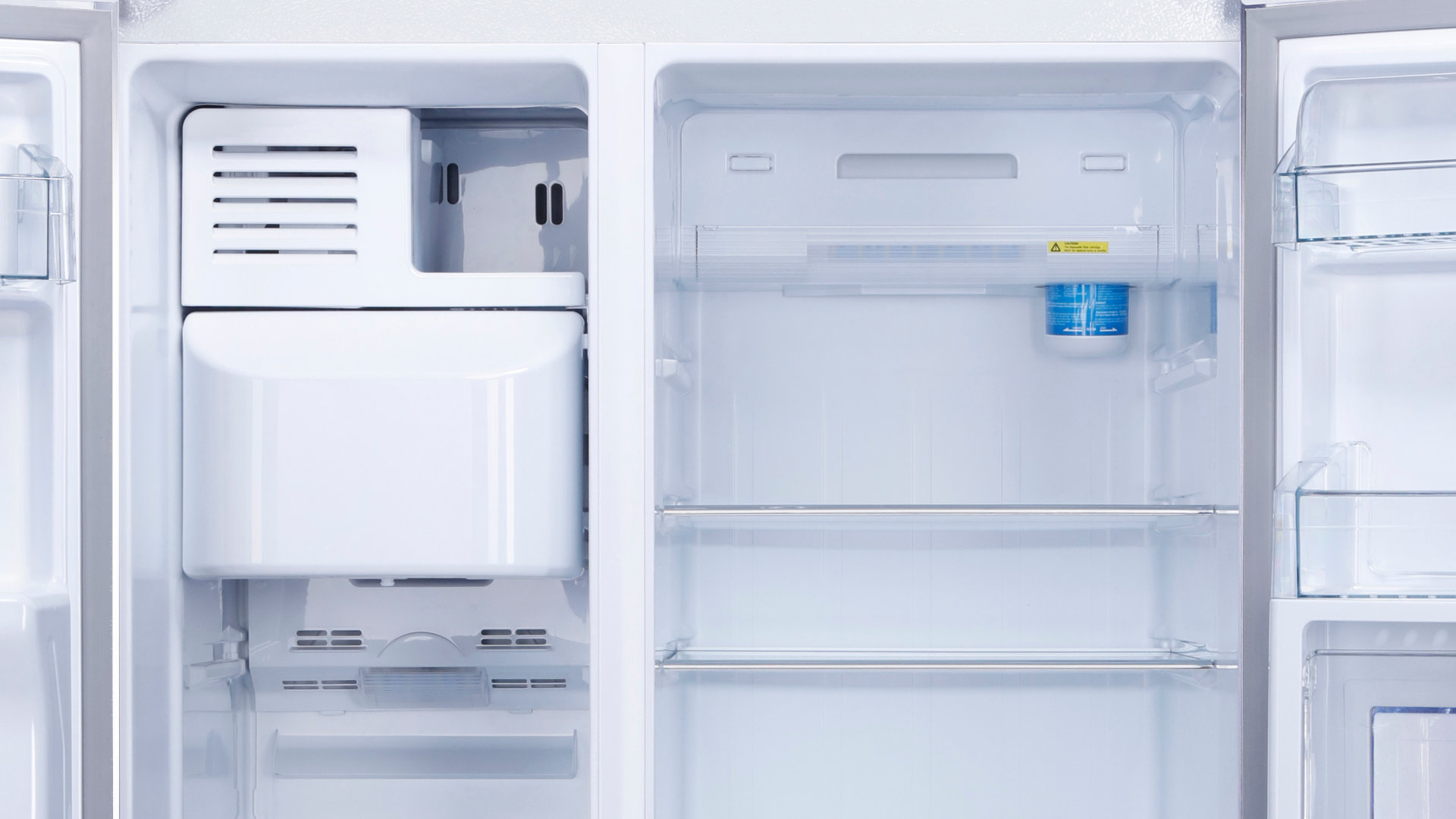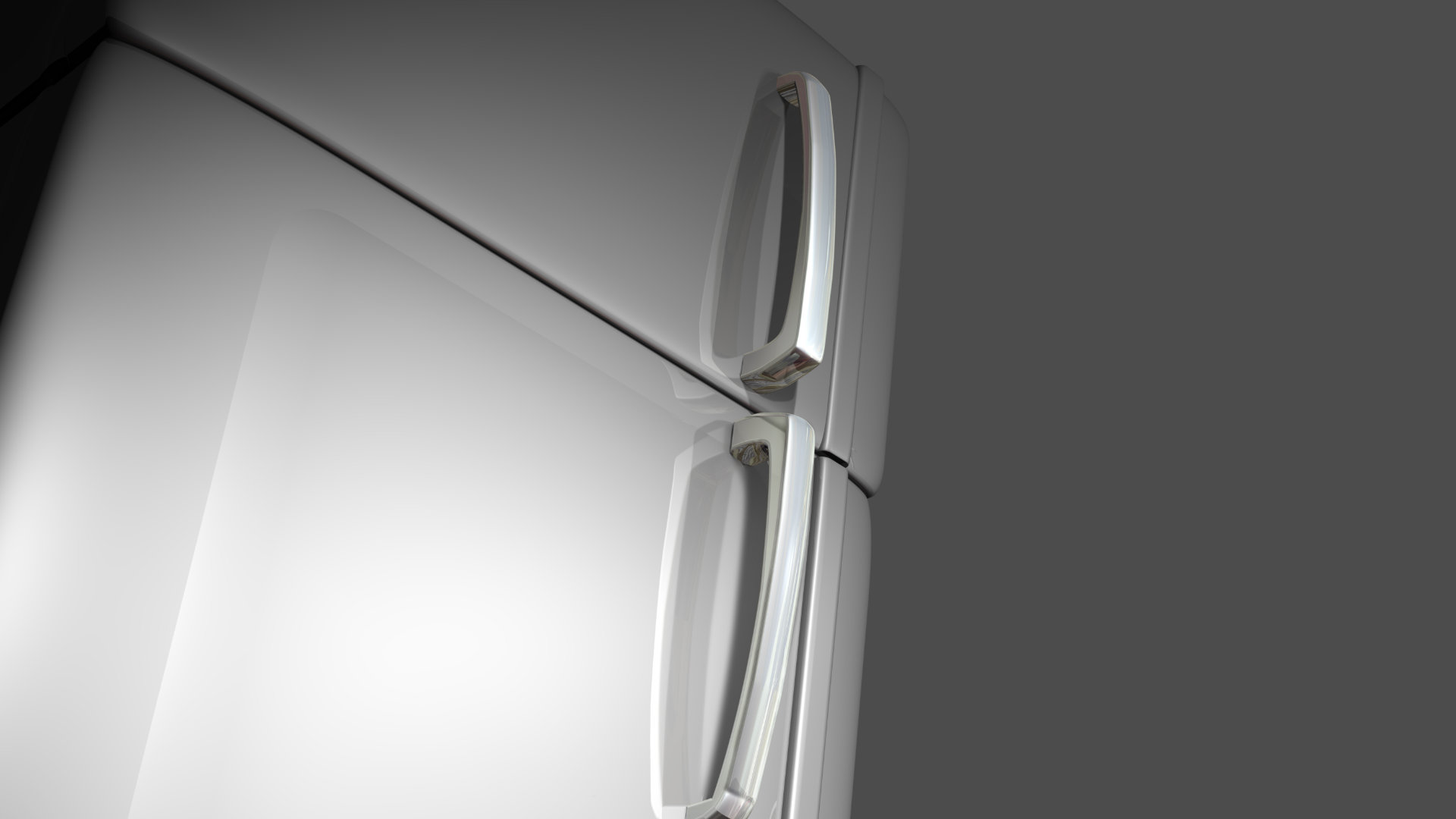
Under normal operation, your refrigerator runs fairly silently. Only when you are right next to it while it is running should you hear a small hum while it is working to keep your food cool. Unfortunately, loud humming you can hear in another room, rattling, clanging, grinding, or any other loud noise coming from your refrigerator is definitively not considered normal. Not only does it mean a potential repair may be in your future, but it is downright annoying when that noise is flooding your home.
However, there is some good news when your refrigerator is making noise — that is a symptom. While it also means your refrigerator has some sort of problem, noise is a symptom that can help you detect the problem more quickly. Repairing a refrigerator with noise is much easier than repairing a refrigerator that has stopped working without so much as a whimper. A noise gives you a good idea of where you need to start your investigation.
Detecting Where The Noise is Coming From
The first step to fixing a noisy refrigerator is to discern the general area where the noise is coming from. For some noises, this can be more difficult than others. Generally, you can get a good idea by noticing where the noise is the loudest. However, other noises, like a louder than normal humming, maybe radiating from everywhere, but that noise in itself is a pretty good clue as well. Take note of what kind of noise it is and whether it is coming from the back, bottom, or inside your refrigerator. You may also want to check for noise in both the fresh food and freezer section to see where it is louder. Some access panels are only in one area, but you will at least know how deep you need to investigate.
So what could these potential noises and their locations mean?
Drain Pan
If you notice a distinct rattling coming from the bottom of your refrigerator, then it is likely the drain pan. This is a common occurrence if you needed to move your refrigerator or have otherwise had contact with the drain pan. It was likely taken out of the correct position. This means that the slight vibration that comes from a normally functioning refrigerator causes the otherwise secure pan to vibrate. Luckily, the fix is very simple. You only need to take the pan out and ensure it is placed in the correct position.
Condenser Fan
If you notice that a loud humming, squealing, or grinding coming from the back of your refrigerator than it is likely the condenser fan. This helps dissipate heat from the condenser coils, but as the condenser coils, it is prone to collecting dust and debris. If you hear a noise from this fan, it likely needs cleaning more than an actual repair. What happens is that the coils get dirty, then the fan gets dirty, and it has trouble running silently.
Evaporator Fan
This can easily be confused for a condenser fan problem because it is the same noise that comes from the back of your refrigerator. However, the evaporator fan is what circulates the cool air from your freezer to your refrigerator. This means that any noise you hear coming from the back of your refrigerator will be louder when you open up the refrigerator door while running. This is not true with a condenser fan issue as it is on the exterior of the unit rather than the interior like the evaporator fan.
In order to check the evaporator fan, you will be able to access it from your freezer. Unlike a condenser fan, if the evaporator fan is making noise, it is usually due to an actual issue. Check to make sure the fan blade spins smoothly, check the wires for wear, and that everything is secure. In most cases, you will simply need to replace the fan blades or the grommets.
Rattling Inside the Refrigerator
If you hear a light rattle when the refrigerator is running, open up the door, and are greeted with a louder rattling, it could be the evaporator fan. However, it is also possible that it is simply the items in your refrigerator. If you place items too close to the air vent or pressed upright against the side of your refrigerator, the natural vibration will cause them to move. It is a slight movement, but enough to make a pretty loud noise.
One of the first things you should try when you hear a rattling in your refrigerator is to try moving some items around. Items like glass jars in particular seem very prone to causing this issue. Often if you move items or at least hold a shelf still, the noise will stop. This means it is not so much a problem that needs repair.
What Causes Louder Than Normal Humming?
Your refrigerator isn’t making any noises that are necessarily out of the normal. However, it is making its normal hum — but it is just so much louder than you remember. If you can hear your refrigerator in another room, then it is running too loud. When this loud humming occurs, it is typically the sign of one thing. Loud humming is often caused by a dirty compressor. The compressor coils on the back of your refrigerator dissipate heat, but when they become caked with dust, they need to work harder to dissipate heat and do so in a louder manner.
Often giving your compressor coils a good cleaning can solve this issue quickly. However, if you did clean them off and still notice a loud humming, there may be an actual problem with your compressor. This isn’t something you can fix or replace yourself. The compressor system in your refrigerator is complex and can be dangerous if tampered with. You will want to call a professional repair technician, but issues that require a compressor to be replaced can be expensive. Depending on the overall age of your refrigerator, it may be prudent to consider replacement instead.
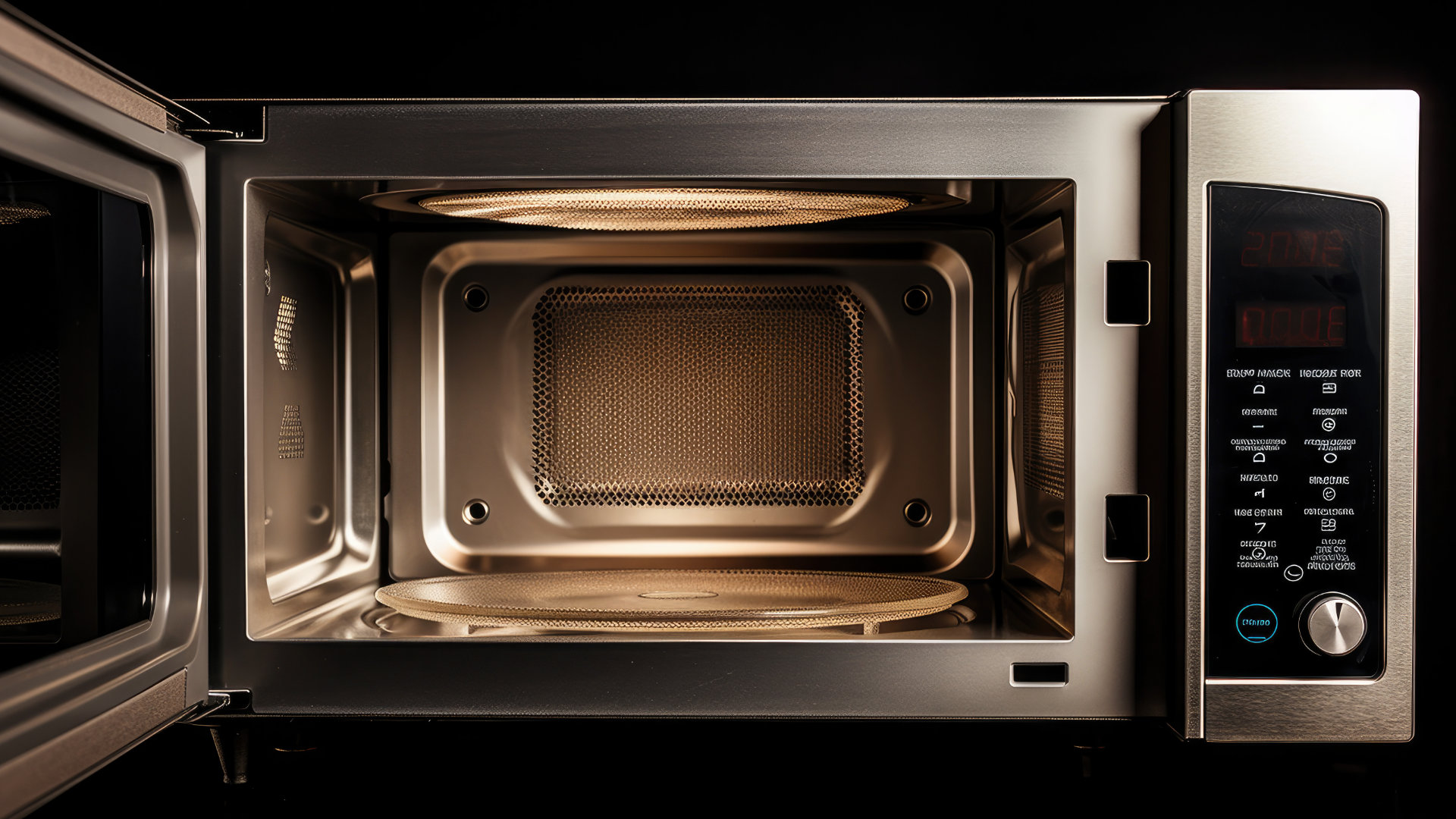
Eliminate the Burning Smell From Your Microwave
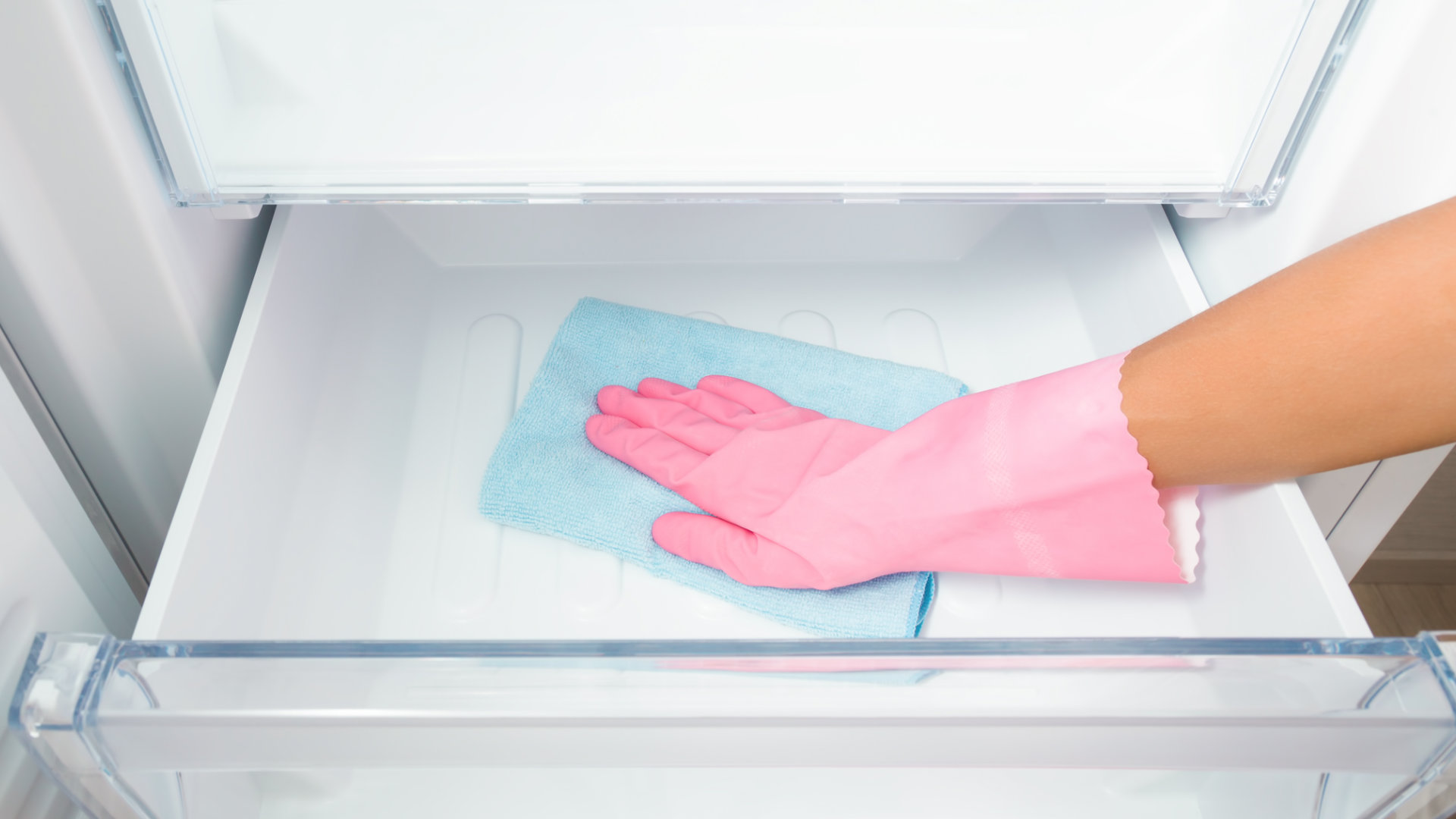
Fixing a Samsung Freezer That Won’t Freeze
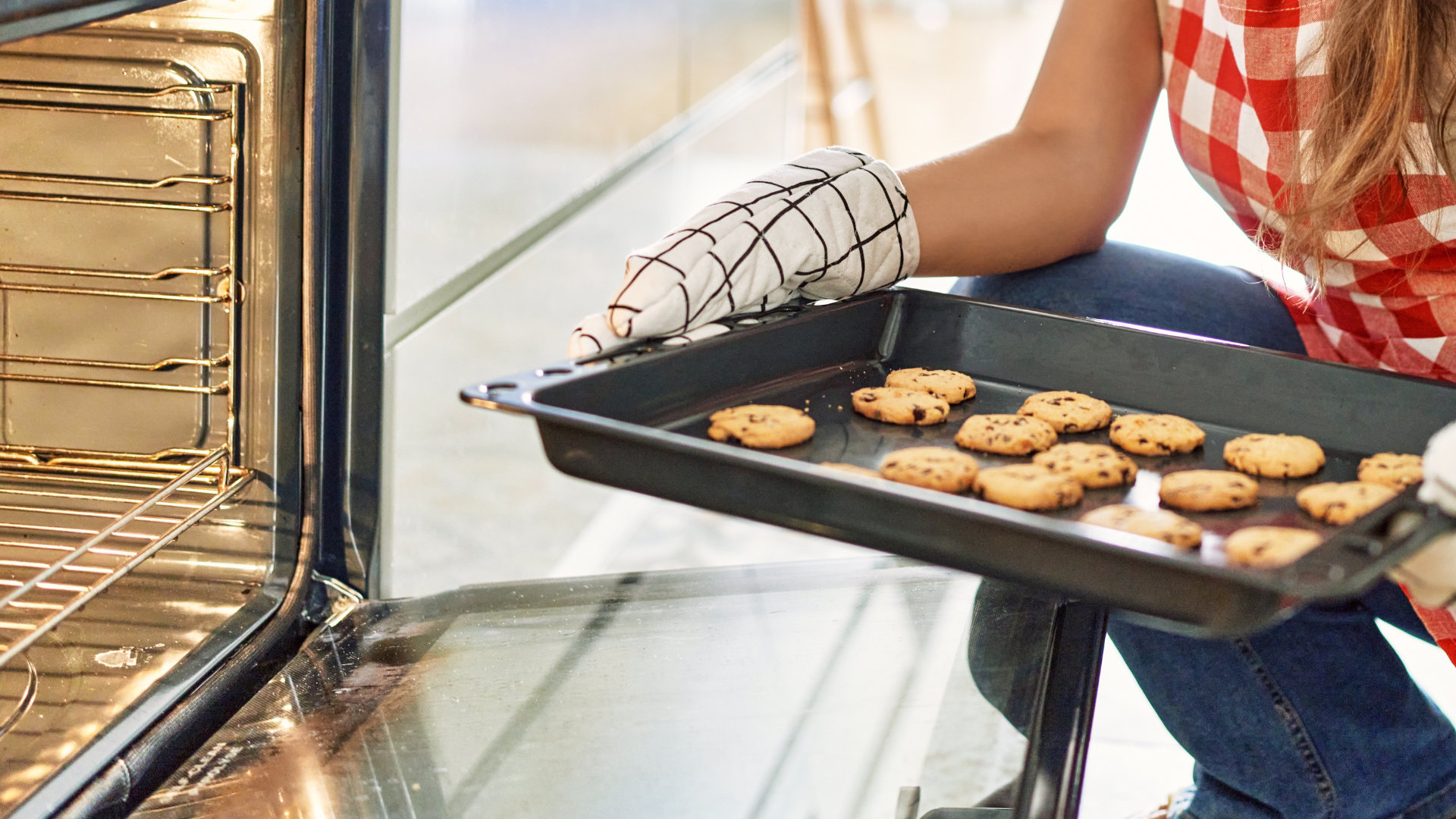
Whirlpool Oven Won’t Heat: Here’s What To Do
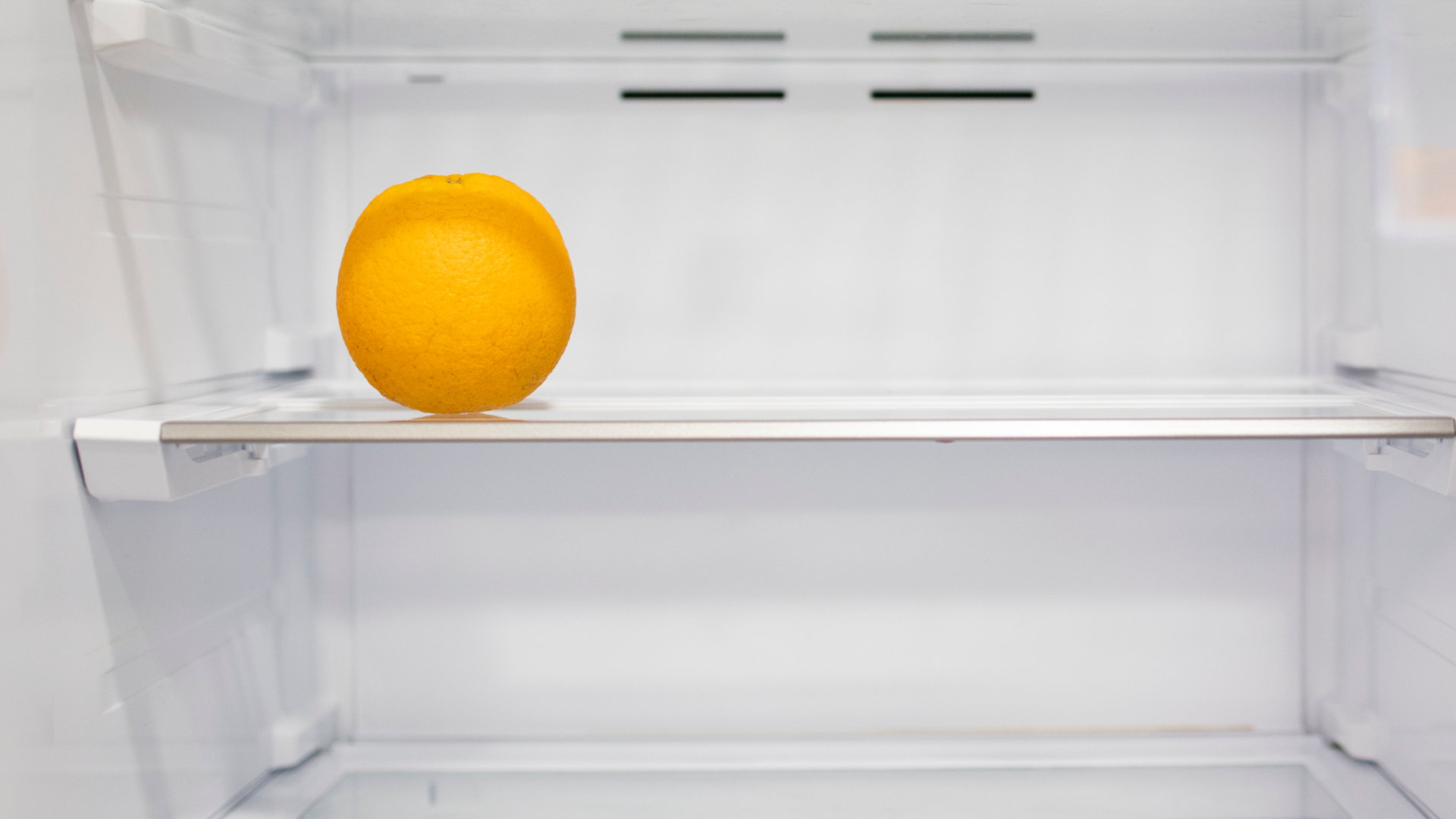
Easy Steps to Clean Your Refrigerator Coils
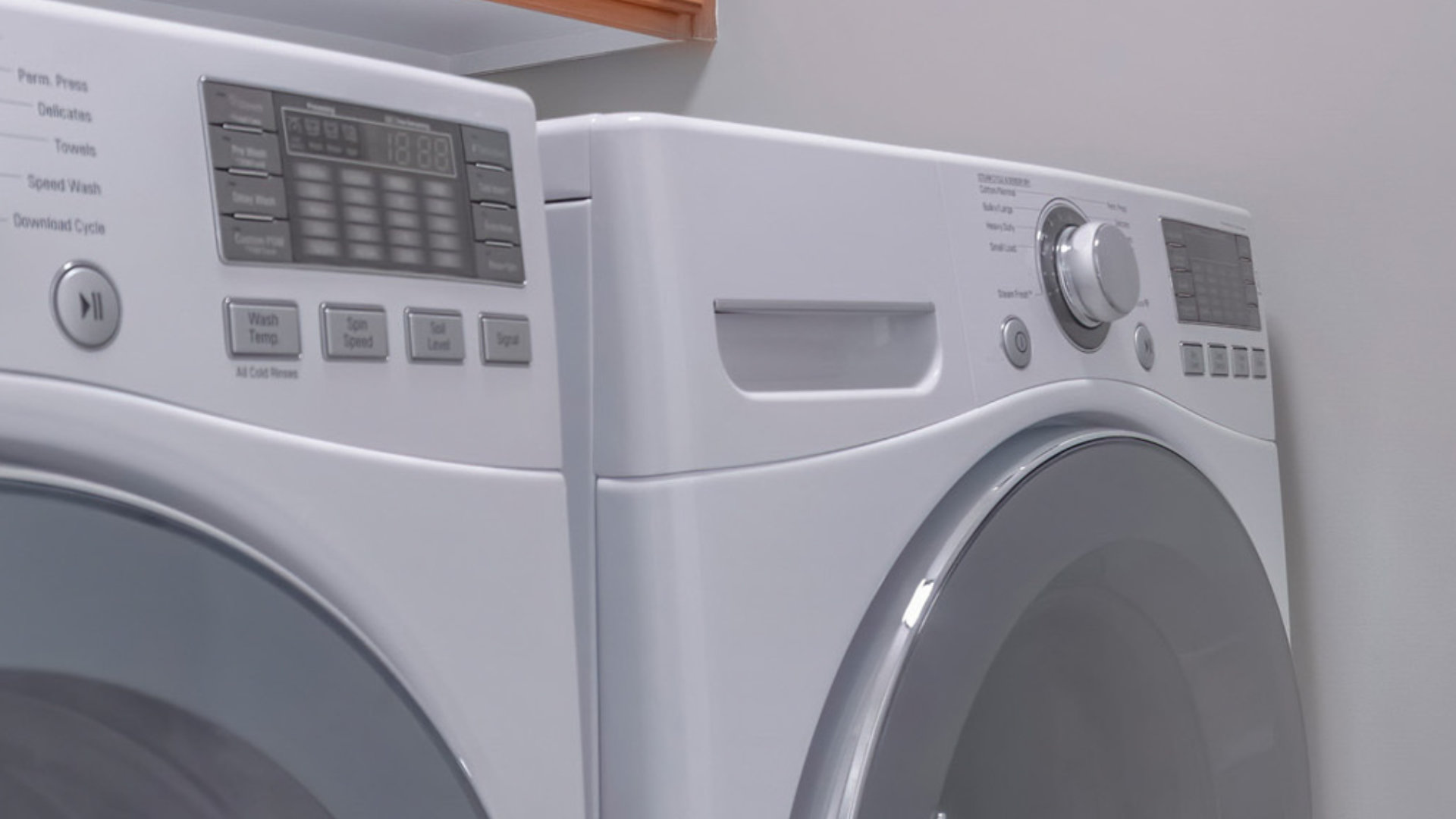
Quick Fixes for an LG Dryer Not Heating
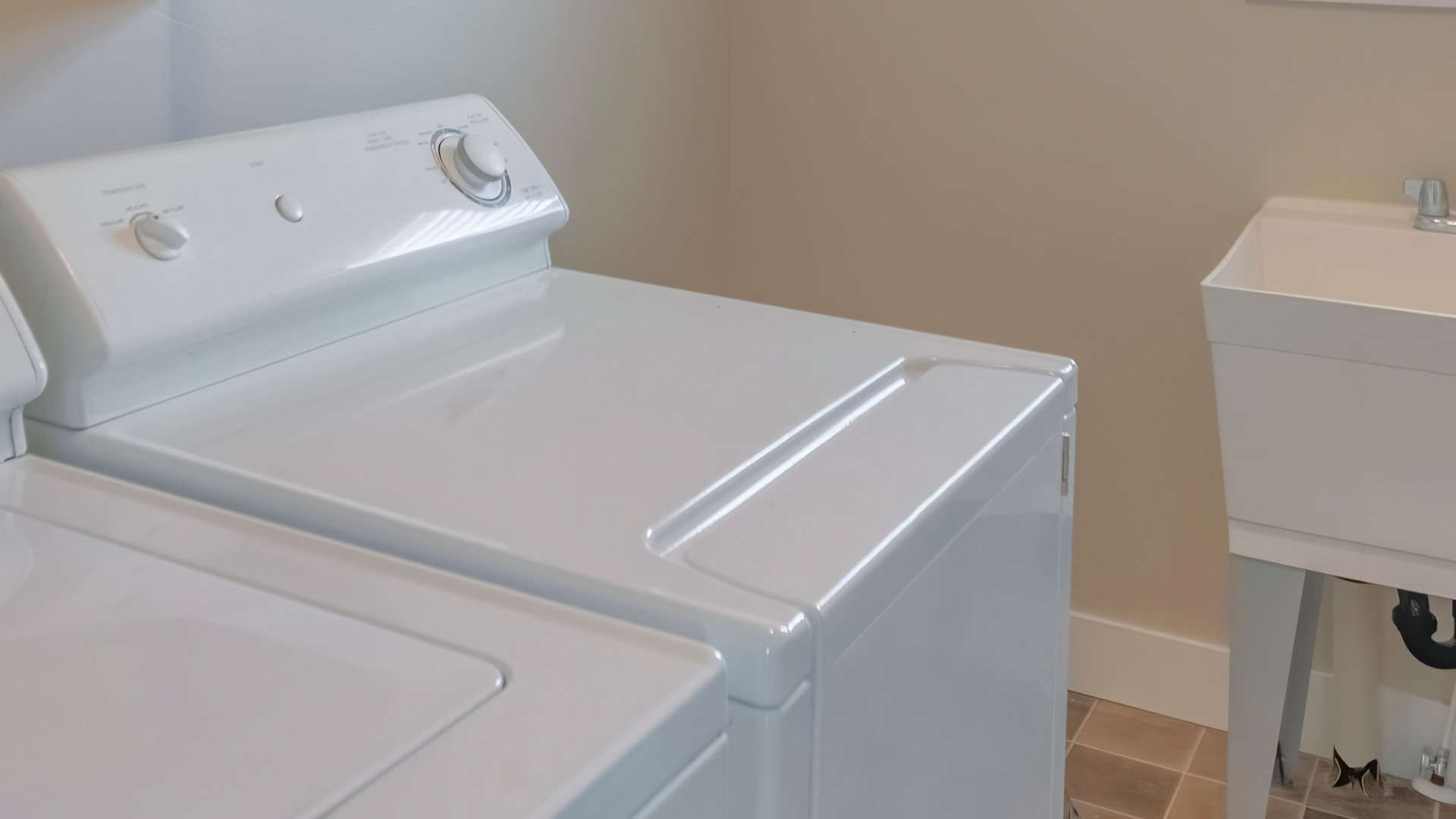
How to Fix an Electrolux Dryer That’s Not Drying
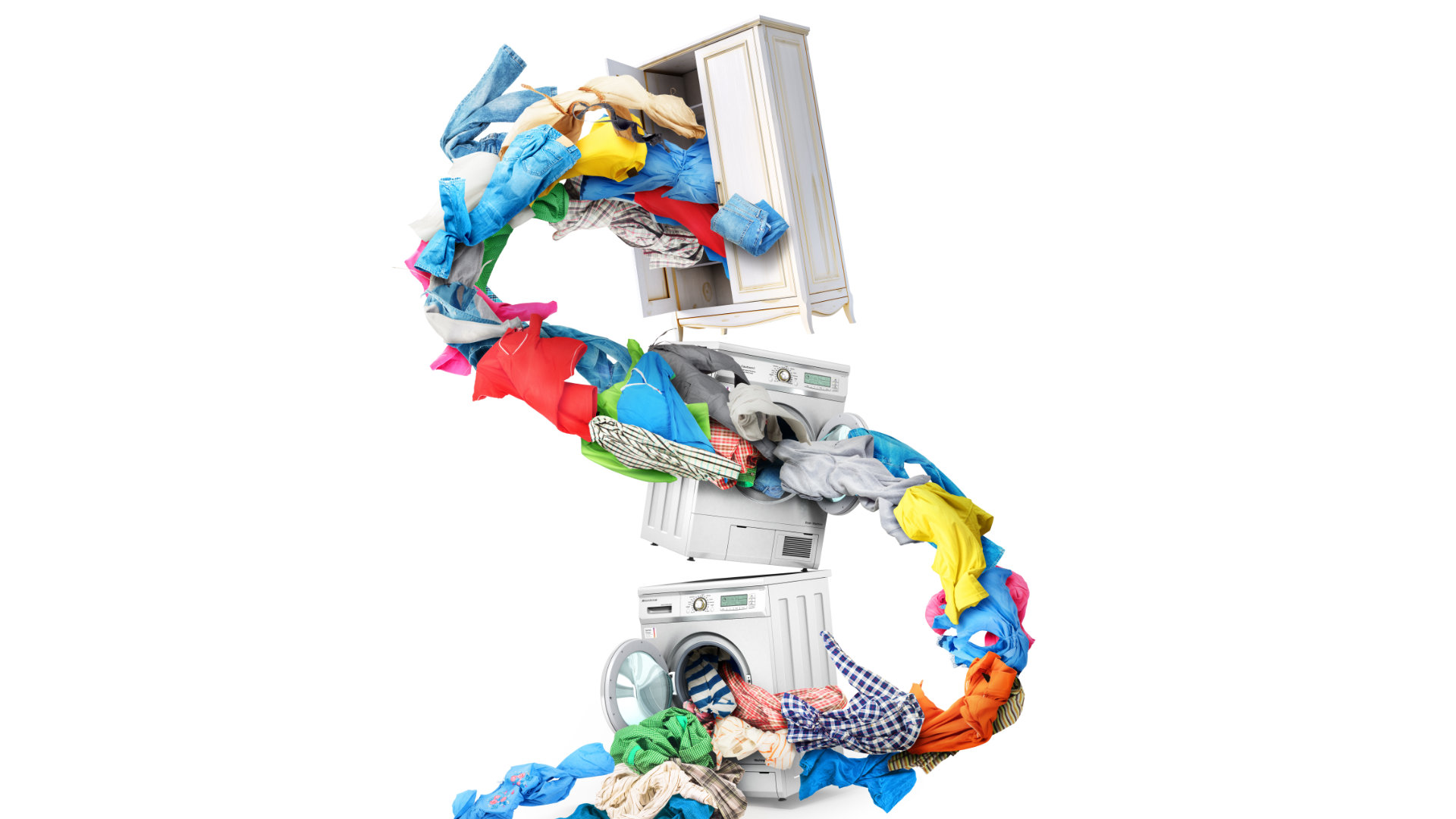
Why Is Your Whirlpool Washer Lock Light Flashing?
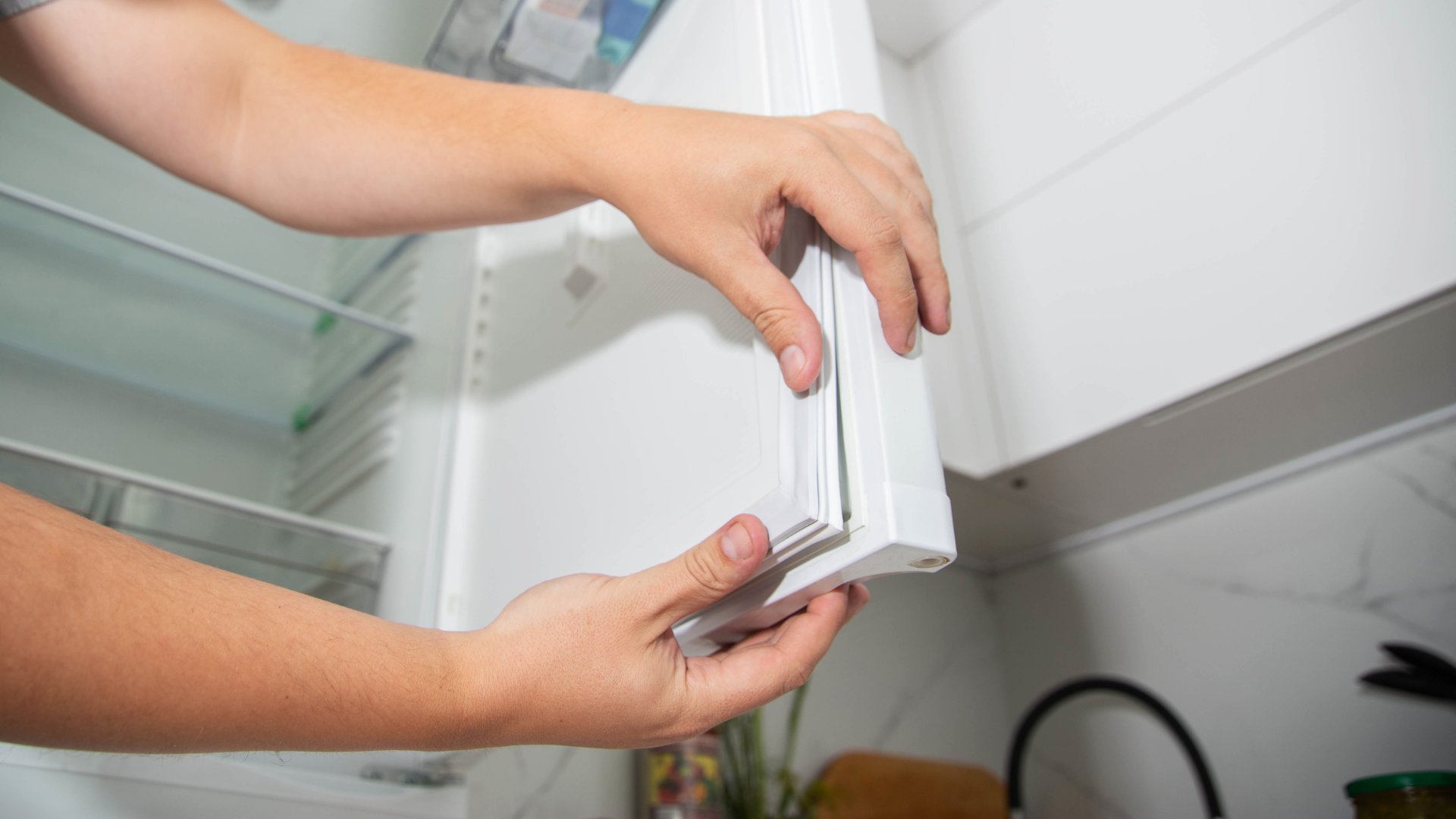
Why Is Your Freezer Door Not Sealing?
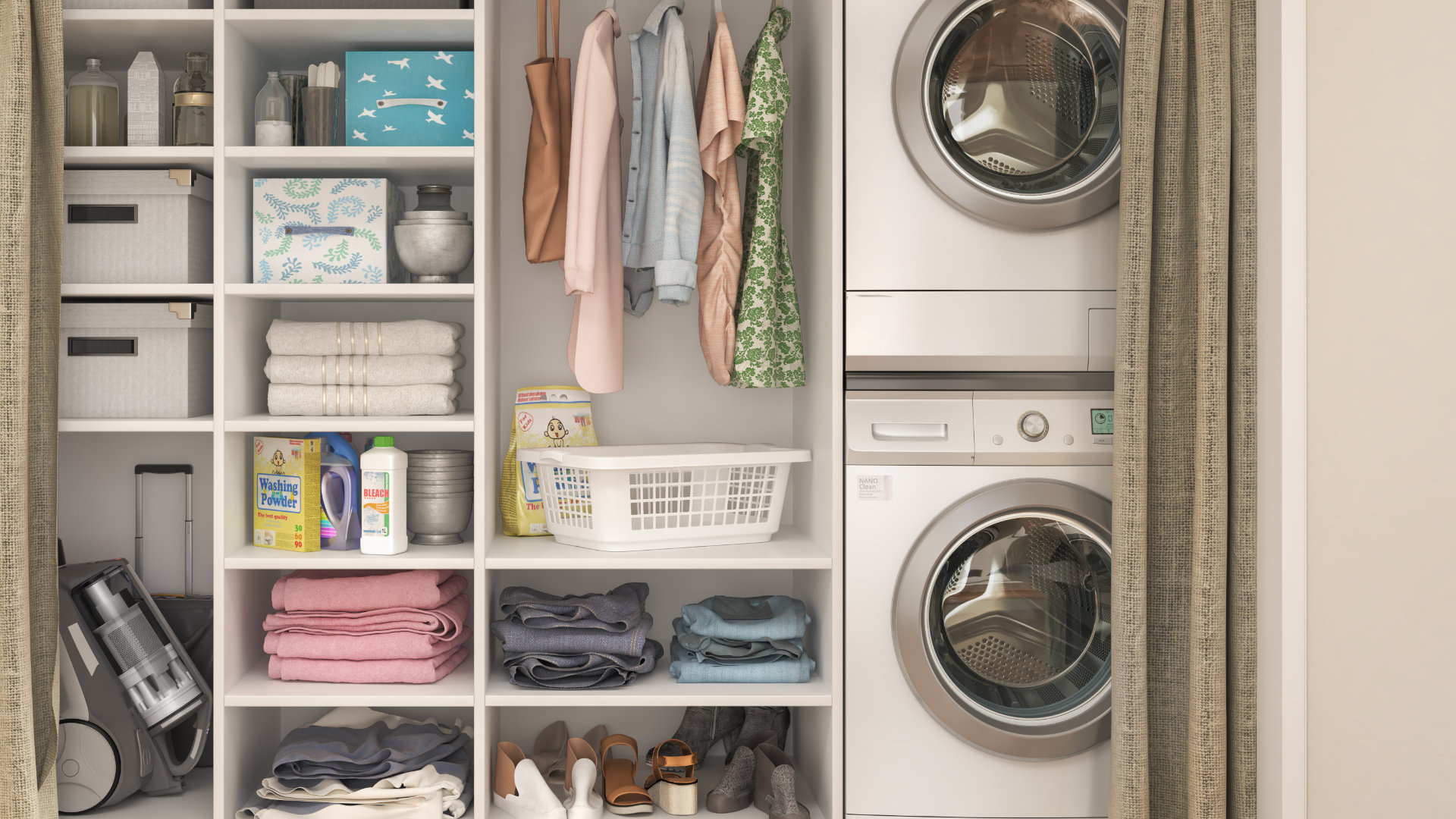
How Does a Ventless Dryer Work?
